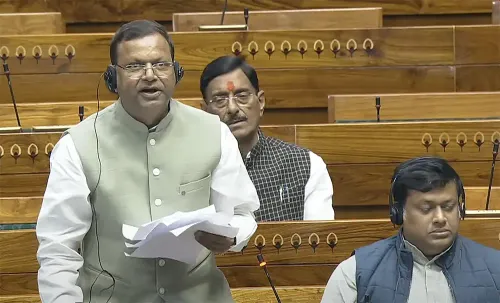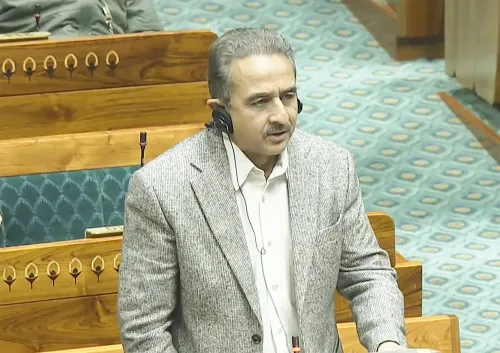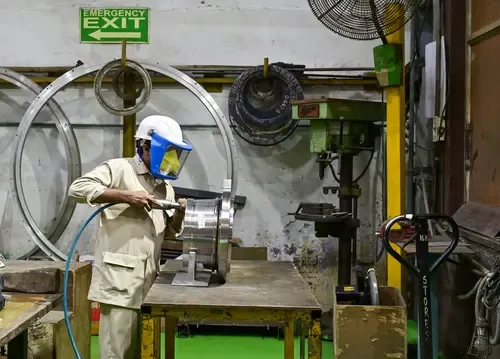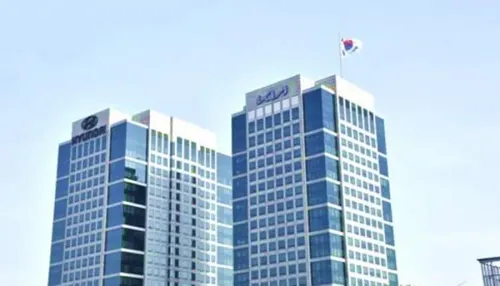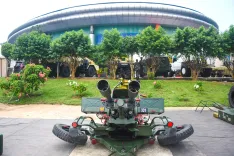Why Did Compensation for Drug Side Effects in South Korea Decline?
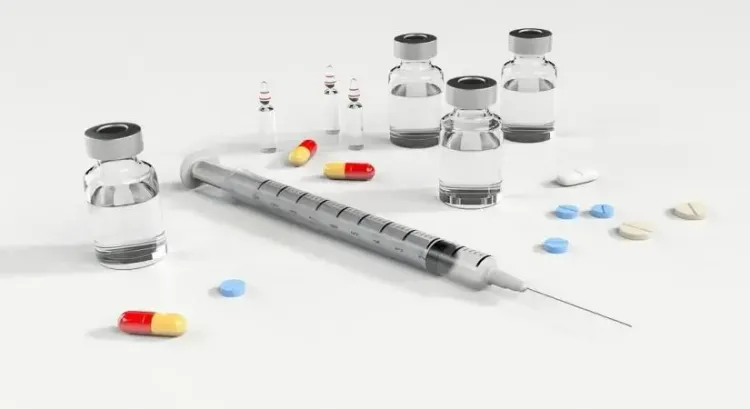
Synopsis
Key Takeaways
- Compensation for drug side effects has dropped for the first time in six years.
- The government collected 4.75 billion won from pharmaceutical companies for relief.
- Compensation paid out amounted to 1.84 billion won in 2024.
- There is a need for better public awareness of the relief program.
- Future plans aim to expand the animal medicine market significantly.
Seoul, May 25 (NationPress) The total amount of compensation awarded to individuals affected by drug side effects in South Korea saw a reduction in 2024, marking the first such decline in six years, according to government statistics released on Sunday.
The government raised 4.75 billion won (approximately US$3.5 million) last year from 760 pharmaceutical companies for the national drug side effects relief fund, as reported by the Ministry of Food and Drug Safety and the Korea Institute of Drug Safety & Risk Management.
This relief initiative offers financial support to individuals or families of those who have experienced death, disability, or illness resulting from adverse drug reactions, as noted by the Yonhap news agency.
Financial aid encompasses one-time payments for death or disability, as well as medical and funeral expenses.
In 2024, compensation was disbursed for 161 cases, amounting to 1.84 billion won, which is an 18.3 percent decrease from 2.25 billion won the previous year, according to the data.
The reduction is primarily attributed to a decline in compensation for fatalities associated with side effects and a general lack of public awareness regarding the program.
"Since payouts constituted only 38.7 percent of the funds collected last year, the government should enhance promotional efforts through hospitals, medical practitioners, and pharmacies," commented an industry representative.
In a related note, South Korea is planning to expand the animal medicine market to 4 trillion won (around US$2.7 billion) by 2035, as part of initiatives to cultivate new growth sectors for the economy, as stated by the agriculture ministry last month.
The government also intends to quintuple the nation's exports of veterinary medicine products to 1.5 trillion won and establish 15 animal pharmaceutical firms each generating annual revenues of at least 50 billion won within the next decade, according to the Ministry of Agriculture, Food and Rural Affairs.
The ministry highlighted that this strategy is in response to the increasing global demand for animal pharmaceutical products, driven by a rise in pet ownership, consumption of livestock products, and the prevalence of infectious diseases in animals.


